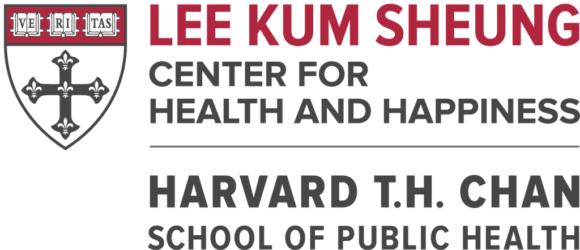Citation: Ungar, M., & Liebenberg, L. (2011). Assessing Resilience Across Cultures Using Mixed Methods: Construction of the Child and Youth Resilience Measure. Journal of Mixed Methods Research, 5(2), 126-149.
PMID or DOI: doi: 10.1177/1558689811400607
Main positive psychological well-being construct measured: Resilience factors
Sub-constructs measured: Individual, relational, community and culture
Available subscales: Individual, relational, community and culture
Description: The Child and Youth Resilience Measure is a culturally and contextually relevant measure of child and youth resilience factors across four domains (individual, relational, community and culture). CYRM was developed with an international team of investigators from 11 countries using a mixed methods design, to capture psychosocial resources available to youth globally (tested among youth between age 12 and 23), to understand the internal and external assets contributing to resilience. Resilience is defined as both the capacity of individuals to navigate to psychological, social, cultural, and physical resources that sustain their well-being, and capacity individually and collectively to negotiate for these resources.
Number of items: 28
Example statement/item: “I have people to look up to”
Response options: 5-point rating scale, 1=not at all, 2=a little, 3=somewhat, 4=quite a bit, and 5=a lot
Total score: Mean scores are calculated within each subscale.
Abbreviated version:
CYRM-12-item: Liebenberg, L., Ungar, M., & LeBlanc, J. C. (2013). The CYRM-12: a brief measure of resilience. Canadian Journal of Public Health, 104(2), e131-e135.
